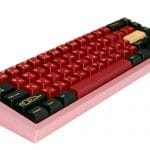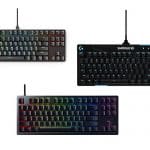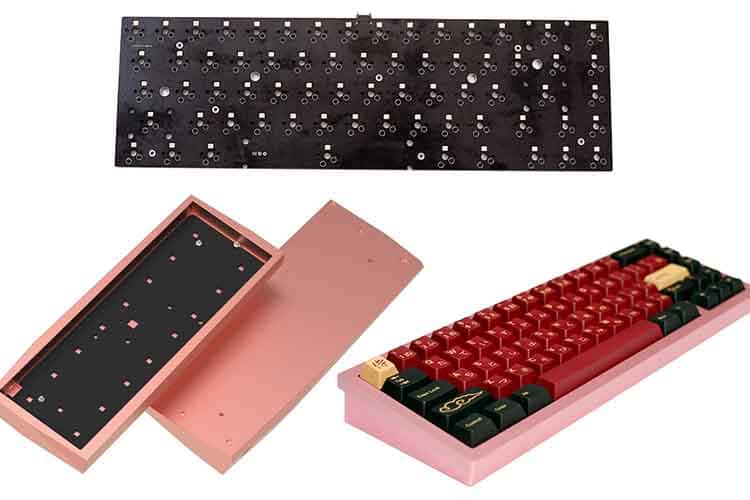
With the increasing popularity of custom keyboards, many are looking to jump from pre-built to full-blown custom keyboards. However, one factor stopping many beginners from fully transitioning is the lack of wireless technology in custom keyboards. This case should be a no-brainer, given the practical benefits of wireless devices. But the cold reality is that the wireless feature doesn’t seem important in the custom keyboard hobby.
Unlike gaming keyboards, custom keyboard manufacturers are smaller brands that lack the budget to implement cutting-edge wireless tech into their keyboards. Other factors, such as the material used on metal keyboard cases, prevent seamless and effective transmission of wireless signals.
And while there are a few custom keyboards offer wireless functionality, they are more of an afterthought. Most brands provide wireless PCBs as add-ons and separate purchases rather than including them right out of the box. With how convenient wireless keyboards are, many consumers wonder why they aren’t prominent in the custom keyboard scene.
This article will attempt to pinpoint why custom keyboards do not have many wireless options. We will also be comparing the wireless implementation of custom keyboards to the ones found on wireless gaming keyboards.
Wireless Technology in Gaming Keyboards
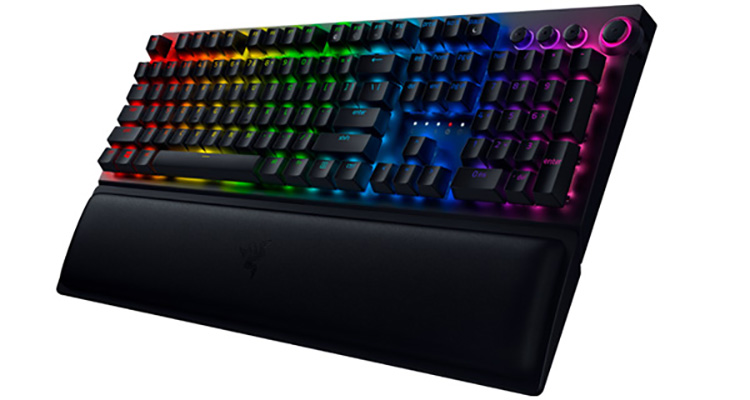
Despite wireless keyboards not being popular among the custom keyboard community, they are very prominent in the gaming and productivity communities. Gaming companies, such as Razer, Logitech G, Corsair, Steelseries, Glorious, and Hyperx have transitioned into wireless keyboards and mice. They were able to do so while minimizing wireless latency.
Wireless technology has advanced so much that they have become dependable even in crucial situations. Many professional gamers, for instance, have transitioned into using wireless gaming gear. In addition, proprietary technologies developed by Logitech’s Lightspeed and Corsair’s Slipstream can transfer data faster than wired solutions. Coupled with neat desks and the lack of visible cables are the standards for a “good” set up in the gaming community, wireless keyboards offer gamers a functional and aesthetically pleasing option.
Wireless Implementation in Custom Keyboards
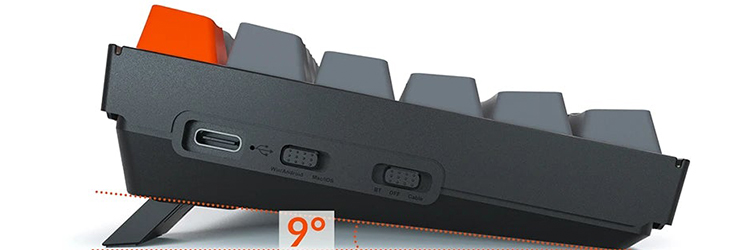
The most common type of wireless technology found on custom keyboards is Bluetooth. Many users should already be familiar with Bluetooth since many devices already use it. Bluetooth is pretty convenient since you can easily pair it with more than one type of device.
However, when it comes to gaming and more serious tasks, Bluetooth is not ideal. Bluetooth offers a longer lag of approximately 0.79 milliseconds when compared to a typical wired keyboard. And while it may not sound a lot, it is a significant disadvantage for competitive gamers. The additional input lag can throw players off, especially on fast-paced FPS titles and Fighting Gams.
Why Wireless Connectivity is Hard To Implement in Custom Keyboards
Closed-Source Wireless Keyboard Technology
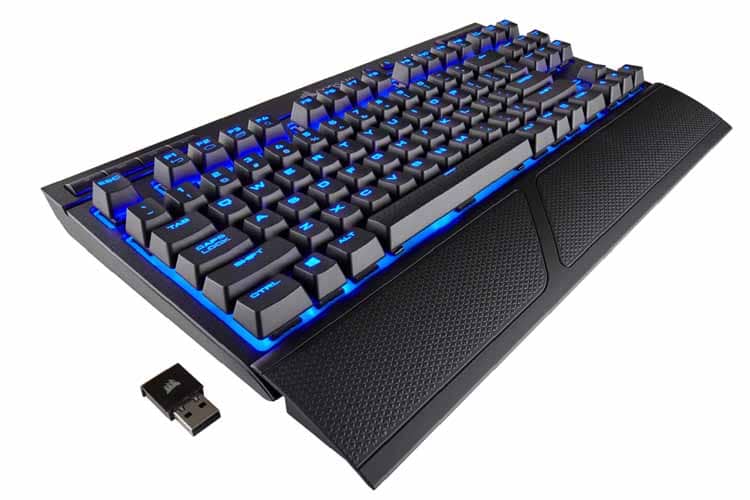
Given the higher cost of custom keyboards, many will assume that their wireless implementation will be on par with those found on higher-end gaming keyboard brands. However, this is not the case. The primary reason custom keyboards cannot implement the same advanced wireless technology found on high-end gaming keyboards is that they are closed-source.
Logitech and Corsair’s technology, for instance, were developed in-house. Thus, they are exclusively designed for their peripherals. And with how much they spent on developing these technologies, they won’t just suddenly share them with competitors.
Cost of Adding Wireless Features to Custom Keyboards
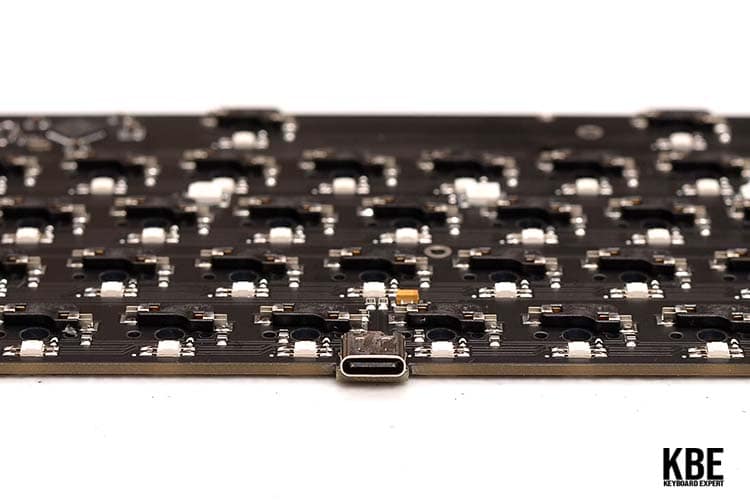
Most custom keyboard manufacturers are only small businesses, and they are born from the passions of a single person or a small group of keyboard enthusiasts. This means that they won’t have the same kind of budget as big-name keyboard manufacturers. And ultimately, they will have to spend their limited budget wisely when designing a custom keyboard.
Also, with how complex and competitive the custom keyboard market is, keyboard designers have to prioritize the most important features to their customers. And most of the time, it is the aesthetics, typing feel, and typing sound of the keyboard.
To keep their prices reasonable and competitive, most keyboard designers omit additional features such as wireless connectivity mainly because the additional components such as the Bluetooth chip and the battery will drive up the costs of the keyboard kit,
If they do add them, they will be in the form of add-ons and extra PCBs. Also, in most cases, these add-ons will only utilize Bluetooth connectivity. Again, they are using Bluetooth because it is already available and easily obtainable. They do not have the necessary budget to develop a proprietary solution that can match the performance of wireless gaming keyboards.
Some custom keyboards, particularly those found in the entry-level price point, offer both Bluetooth and 2.4 GHz wireless options. But again, their implementation is rudimentary at best and won’t match the performance of competing wireless gaming keyboards.
Limitations of Current Custom Keyboard Materials
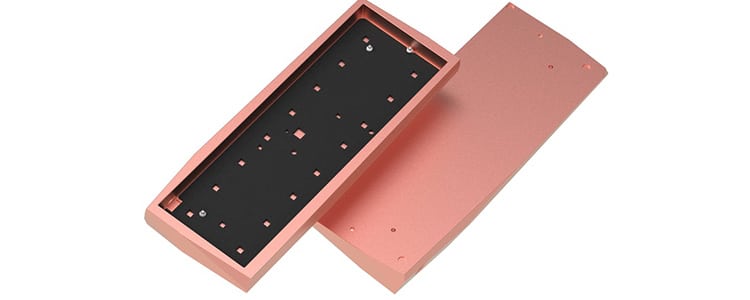
One final reason custom keyboards do not have advanced wireless technology is the materials for their case. Most high-end custom keyboards utilize aluminum for their chassis. And unfortunately, this material does not play well with wireless options.
Bluetooth uses radio waves to send signals from one device to another, and metal objects will reflect the signals back, preventing them from passing through. Custom keyboards either utilize a plastic/PC case or alter their case design to allow optimal Bluetooth connectivity. Again, due to the budget restrictions of most keyboard designers, they choose to give up wireless options.
Summary: Why Wired is More Popular than Wireless in Custom Keyboards
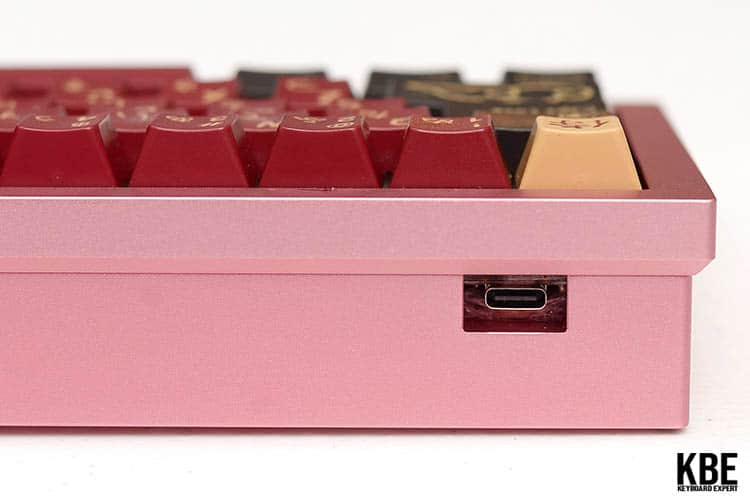
To summarize our discussion, adding wireless features to custom keyboards is costly and impractical for custom keyboard designers and manufacturers. They would rather spend their budget on improving the areas that matter more to consumers, including aesthetics, typing feel, and typing sound.
Of course, there are still custom keyboards that have wireless features. However, most of these use Bluetooth and won’t have advanced software and hardware features.
Unfortunately, this is the reality that custom keyboard enthusiasts have to deal with now. As long as functionality and practicality are taking a backseat, wireless features in custom keyboards will likely not improve in the coming years.

